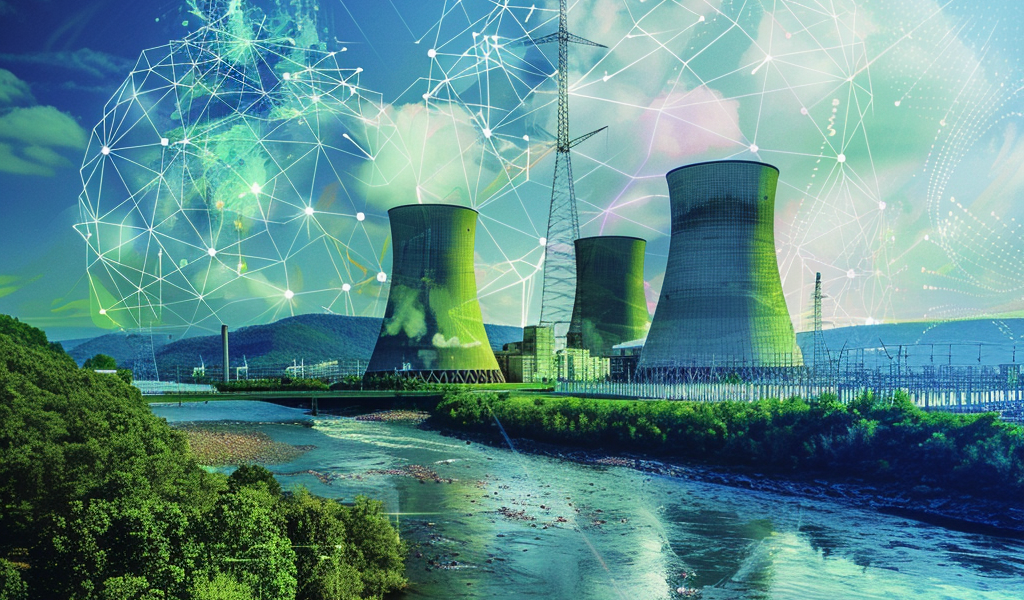The Three Mile Island nuclear power plant, infamous for the catastrophic accident it experienced in 1979, is on the verge of a significant revival. After 45 years since its partial meltdown, the plant’s operator, Constellation Energy, is discussing plans to reopen the facility by 2028. This initiative comes alongside a groundbreaking agreement with tech giant Microsoft, which intends to purchase 100% of the power generated by the plant.
In a move that underscores the growing energy demands of artificial intelligence (AI), Microsoft aims to harness the electricity produced by Three Mile Island to support its expanding operations. As the need for energy to fuel data centers continues to rise, projections indicate that by 2030, approximately 17% of the total energy output in the United States could be allocated to meet the requirements of AI technologies.
Constellation Energy is actively pursuing a $1.6 billion federal loan guarantee to facilitate the reopening of the power plant. This financial backing is viewed as essential for modernizing the facility and ensuring it meets contemporary safety and operational standards.
During a recent episode of “Post Reports,” host Martine Powers engaged with reporter Evan Halper to discuss the implications of this potential reopening. The conversation delved into how AI is influencing the energy landscape across the United States, highlighting both the possible benefits and risks associated with bringing Three Mile Island back online.
The Three Mile Island plant, located along the Susquehanna River, has been a focal point of nuclear energy discussions since the infamous accident that led to widespread public fear and regulatory changes in the nuclear industry. The incident remains the worst nuclear accident in American history, prompting a reevaluation of safety protocols and emergency preparedness within the sector.
As the energy demands of the tech industry continue to grow, the decision to potentially reactivate Three Mile Island raises critical questions about the balance between advancing technology and ensuring public safety. The reopening of the plant could signify a shift in how energy is sourced for tech giants, particularly as they seek sustainable and reliable power solutions.
In addition to the discussions surrounding Three Mile Island, the episode touched on other pressing issues, including the impact of climate change on real estate prices. As environmental factors increasingly affect various aspects of life, the intersection of energy production, technology, and climate resilience is becoming more pronounced.
Constellation Energy’s efforts to revitalize Three Mile Island reflect a broader trend in the energy sector, where traditional power sources are being reassessed in light of modern demands. The collaboration with Microsoft not only aims to rejuvenate a historical site but also to address the urgent need for energy in an era dominated by digital transformation.
As the dialogue surrounding energy production evolves, stakeholders from various sectors are closely monitoring developments at Three Mile Island. The outcome of these negotiations could set a precedent for future energy projects, particularly those involving nuclear power and its role in a sustainable energy future.
With the potential reopening of Three Mile Island on the horizon, the conversation around nuclear energy, AI, and climate change is likely to intensify. The implications for both local communities and the broader energy market will be significant, as the nation navigates the complexities of modern energy needs while striving to maintain safety and sustainability.
As this story unfolds, it will be crucial to observe how policymakers, industry leaders, and the public respond to the challenges and opportunities presented by the revival of such a historically significant energy facility.





